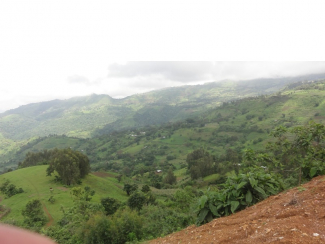Benefits of the Ballot Box for Species Conservation
Recent estimates reaffirm that conservation funds are insufficient to meet biodiversity conservation goals. Organizations focused on biodiversity conservation therefore need to capitalize on investments that societies make in environmental protection that provide ancillary benefits to biodiversity. Here, we undertake the first assessment of the potential ancillary benefits from the ballot box in the United States, where citizens vote on referenda to conserve lands for reasons that may not include biodiversity directly but that indirectly might enhance biodiversity conservation.
